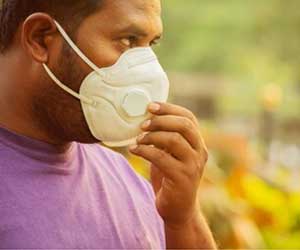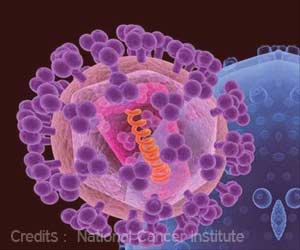“We found that face masks and air conditioner filters with high filter performance ratings can reduce the risk of exposure by filtering out small, toxin-containing particles,” says Cassandra Gaston, lead author of the study.
‘AC filters can filter out 20-90% of the airborne algal toxins, and the face masks can block over 90% of toxin-containing particles.’
What are Harmful algal blooms?
Harmful algal blooms (HABs) are overgrowths of algae in the water. They are often found in waterways near residences and produce extremely dangerous toxins that sicken or kill people and animals. The toxins can also get aerosolized and affect both indoor and outdoor air quality.
How could Masks and AC filters help mitigate these issues?
In the current study, researchers from the University of Miami (UM) created a unique bubbling device. This device is capable of bubbling air into the liquid containing growing cultures of toxin-producing blue-green algae called Microcystis aeruginosa .
The team then tested the efficiency of three types of face masks and six types of AC filters in blocking particles of different sizes. They found that AC filters filtered out 20-90% of the airborne particles with particle filtration increasing with increasing filter performance rating. Face masks filtered out over 90% of toxin-containing particles.
They found that AC filters with high filtration efficiency ratings filtered out 20-90% of the airborne toxins, whereas the face masks filtered out over 90% of toxin-containing particles.
This work provides fundamental insights into the strategies that can be used to curb the effects of algal toxins. Future studies that test and compare the efficiencies of multiple filters and face masks that prevent exposure to even the smallest toxin-containing particles could help arrive at sustainable strategies to fight against the issue of algal blooms.
Source: Medindia



